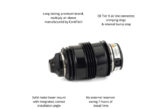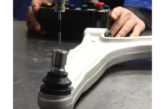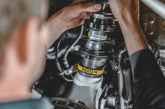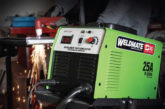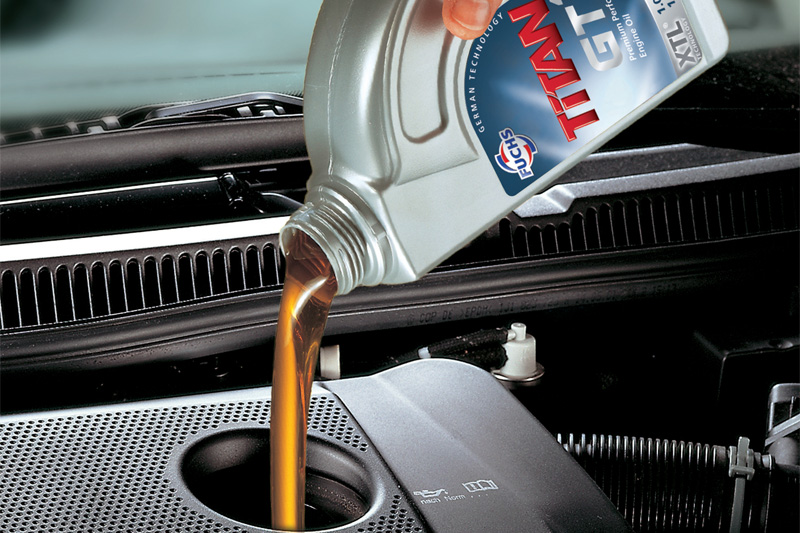
FUCHS Lubricants predicts that the headaches surrounding oil grades are set to increase for technicians in the coming years. The company’s UK Automotive Technical Manager, Andy Brown, outlines what these changes will likely be, and how you can stay ahead of the game.
The number of different engine oils on the market has soared in the last decade. In the past, most vehicles required a basic 15W-40 viscosity oil or a 10W-40, but there is now a much wider range available. 0W-12 and 0W-8 grades are just around the corner, which will add further complications.
This increase in grades has caused problems for the majority of technicians, who simply do not have the space or resources to stock eight or nine barrels at all times. FUCHS currently has around 30 core engine oils in its portfolio, but Ford alone now has four main oil specs.
“It’s horribly complicated,” said FUCHS’ UK Automotive Technical Manager, Andy Brown. “Technicians might need to stock around 17 different grades to cover a wide selection of vehicles. For most businesses, this is just not possible. Unfortunately, it’s only going to get worse, particularly with hybrid and electric vehicles playing an ever-increasing role in the automotive market.

Ultimately, it’s all about emissions and fuel economy; OEMs have stringent emission targets, and oil can play a significant role in helping to achieve them.
“At the most basic level, it’s about hydrodynamic lubrication. Thinner oils result in less friction, and therefore less energy use,” Andy explained. “Oil should be considered a critical component. You wouldn’t use the wrong tyres, and you shouldn’t use the wrong oil either.”
The electric problem
The situation is further complicated by the fact that there is much more to an engine oil than its viscosity. Two 5W-30 oils, for example, could be quite different in their make-up due to the additives added to them to deal with the specific needs of individual components. There are also different lubrication considerations at play when it comes to hybrid and electric vehicles.
“EV vehicles are typically factory fill and sealed for life, so there is little or no aftermarket for those,” Andy explained.
“Hybrids are slightly different because the engine isn’t always running. The engine will cool down when running on the battery, so the oil needs to be able to cope with this stress.
“Some existing products are hybrid-compatible, but others will need to be adapted to suit the unique demands of hybrid systems, and for some there will be brand-new technology.”
The LSPI problem
Andy also expects new ACEA specifications to be announced this year to replace A5, B5 and C5 specs, in order to address Low Speed Pre-Ignition (LSPI) issues found in turbocharged gasoline engines. API and ILSAC are also expected to introduce API SP and ILSAC GF-6a and 6b to the market again to help address LSPI, but also to aid wear protection, timing chain protection and improve fuel economy.
All of this amounts to a severe headache for technicians as they seek to stock the products their customers want and need.

“We appreciate that oil can be daunting these days, and that the cost of getting it wrong can be severe. However, there are a few simple things that you can do to ensure that you use the right oil. Firstly, consult the handbook and check the requirements carefully,” Andy recommended.
“Secondly, use an online oil checker system, which can direct you to the right products after you input the number plate.
Thirdly, speak to an expert; our customer service team is happy to advise by telephone and email. For the aftermarket, we also run education courses to help people understand how to use oil properly.”
The storage problem
One trend the company has seen is garages opting to buy engine oils in smaller packs rather than the traditional 205L barrels. Many of FUCHS’ leading products are available in the company’s fully-recyclable 20L Lube Cube packs.
Andy added, “Not many workshops need 205L barrels these days. The Lube Cubes are much more convenient as they can be easily stacked on top of each other, saving space. They are also easier to use and disposal costs are significantly reduced.”

